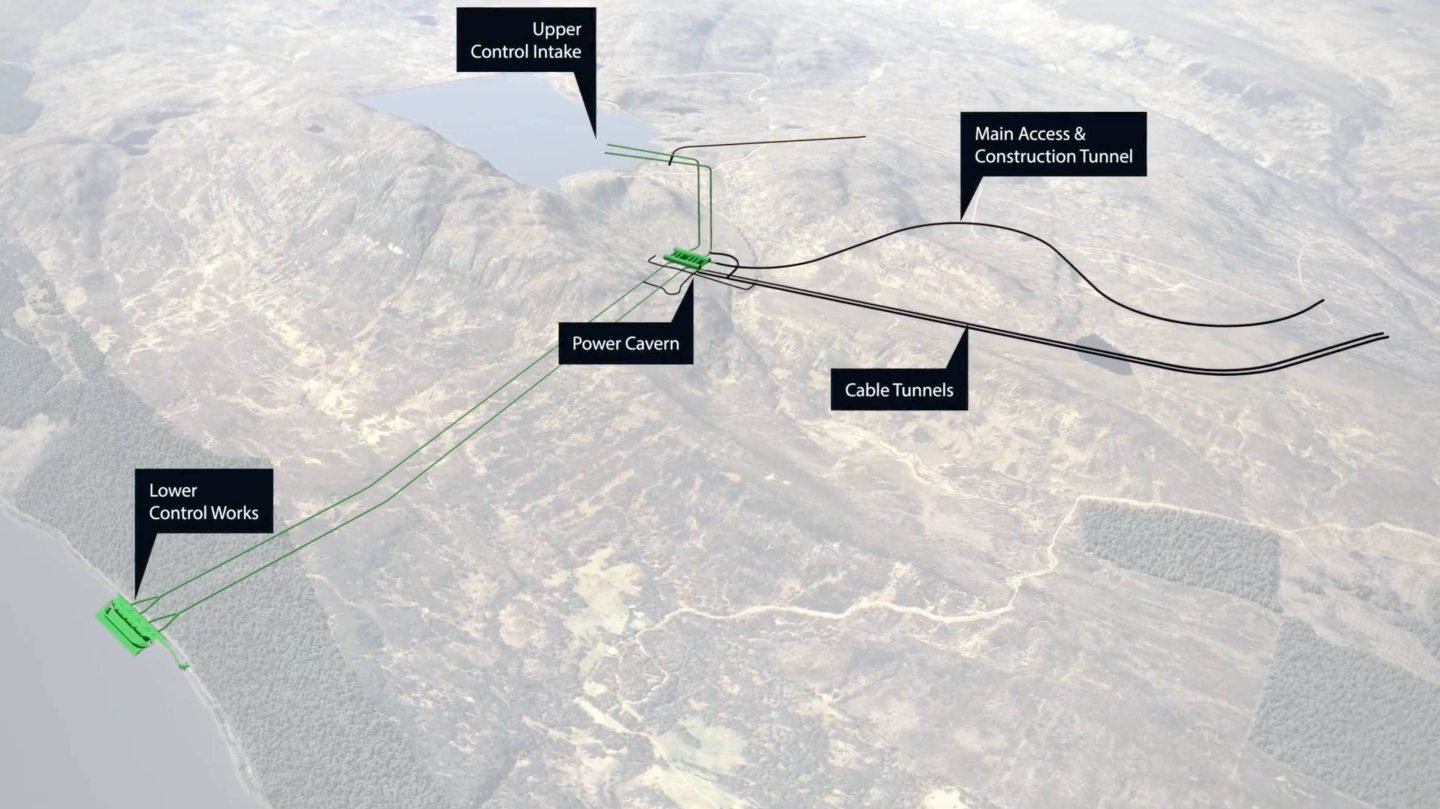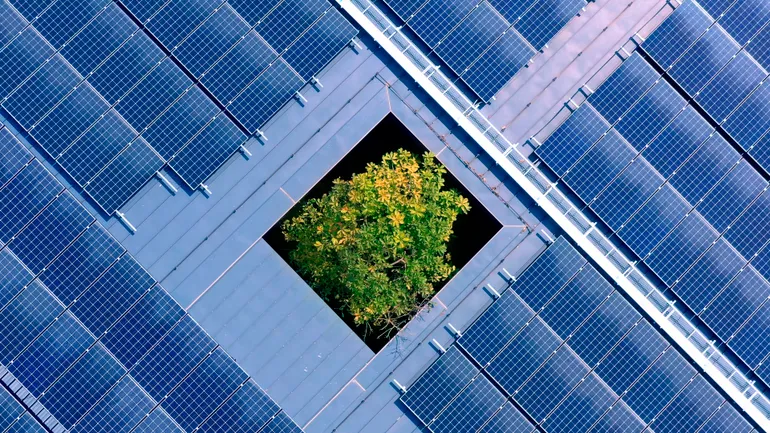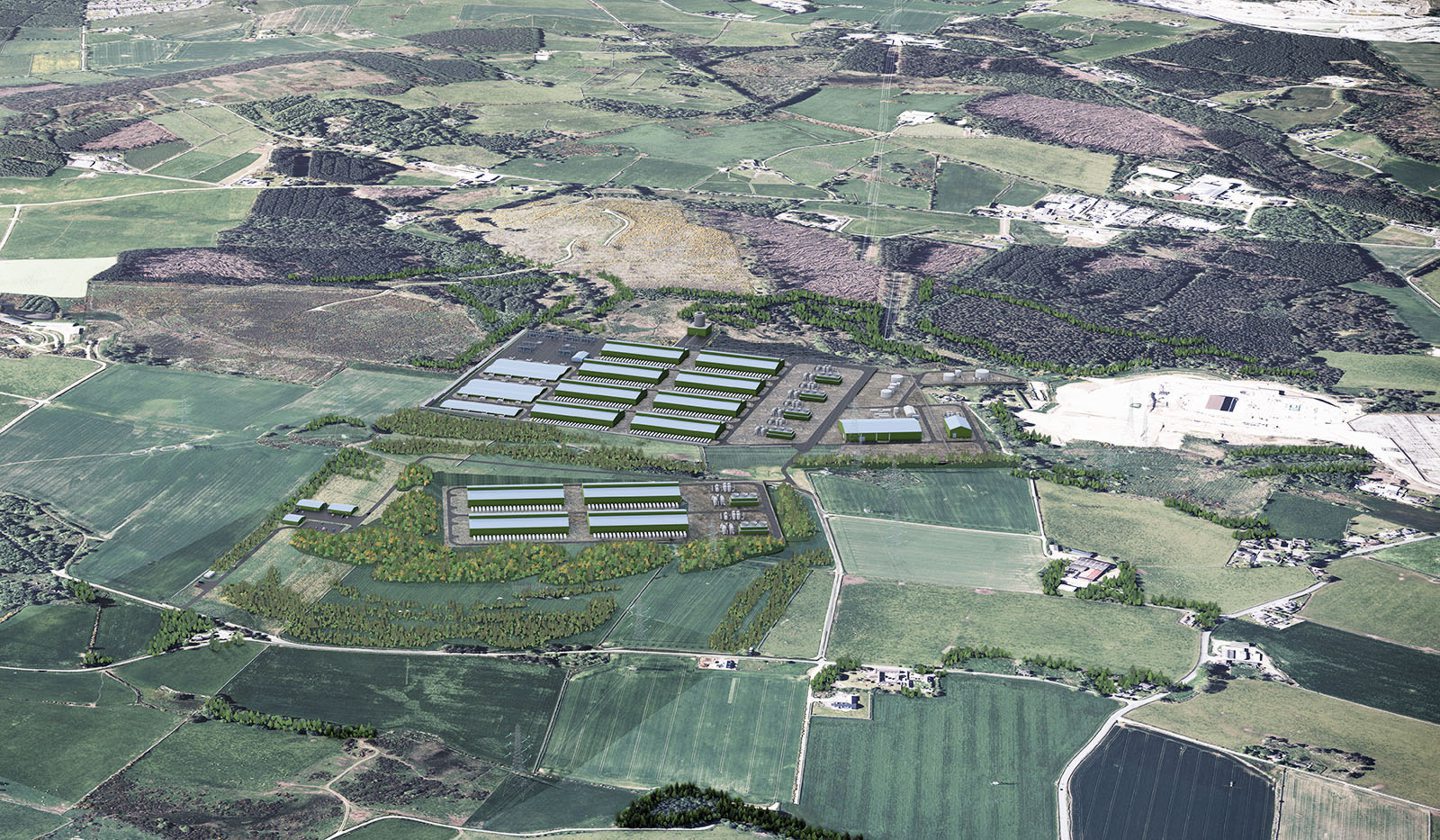
At this week’s flagship international summit on energy security, the clashing visions of the US and its allies were on full display.
Beginning with the event’s hosts — the International Energy Agency and the UK government — speaker after speaker at the London conference extolled the virtues of including renewable fuels in the shift to a sustainable energy future.
In Britain, “there is an exciting vision of energy security and abundance from cheap, homegrown low-carbon power,” Energy Secretary Ed Miliband enthused in his opening address. IEA Executive Director Fatih Birol hailed the “remarkable” ascent of renewables, which last year accounted for 85% of new power generation globally.
But the meeting’s tone shifted markedly when it was the turn of US Acting Assistant Secretary of Energy for International Affairs, Tommy Joyce.
Joyce blamed the “embrace of climate politics” around the world for energy scarcity and causing “harm” to human lives, while boasting of America’s role as the world’s fourth-biggest producer of coal — the most polluting of fuels.
He reiterated the Trump administration’s opposition to restricting energy sources in the pursuit of net zero carbon emissions, reprising a Republican party criticism leveled previously at the IEA’s energy forecasts.
Of course, the division is hardly a surprise. President Donald Trump has dismissed climate change as a “hoax” and campaigned for re-election on pledges that America’s shale-oil explorers will “drill, baby, drill” the nation’s hydrocarbon bounty.
Nonetheless, when representatives of such conflicting outlooks share a stage, the contrast becomes sharp. The IEA’s summit will continue the rest of Thursday and Friday; reconciling the world-views of the agency’s biggest members will take significantly longer.
WHAT DO YOU THINK?
Generated by readers, the comments included herein do not reflect the views and opinions of Rigzone. All comments are subject to editorial review. Off-topic, inappropriate or insulting comments will be removed.
MORE FROM THIS AUTHOR
Bloomberg


















